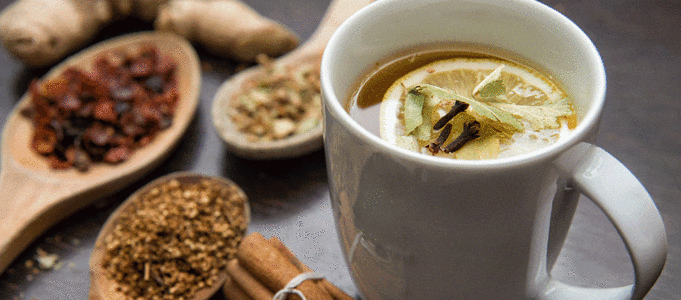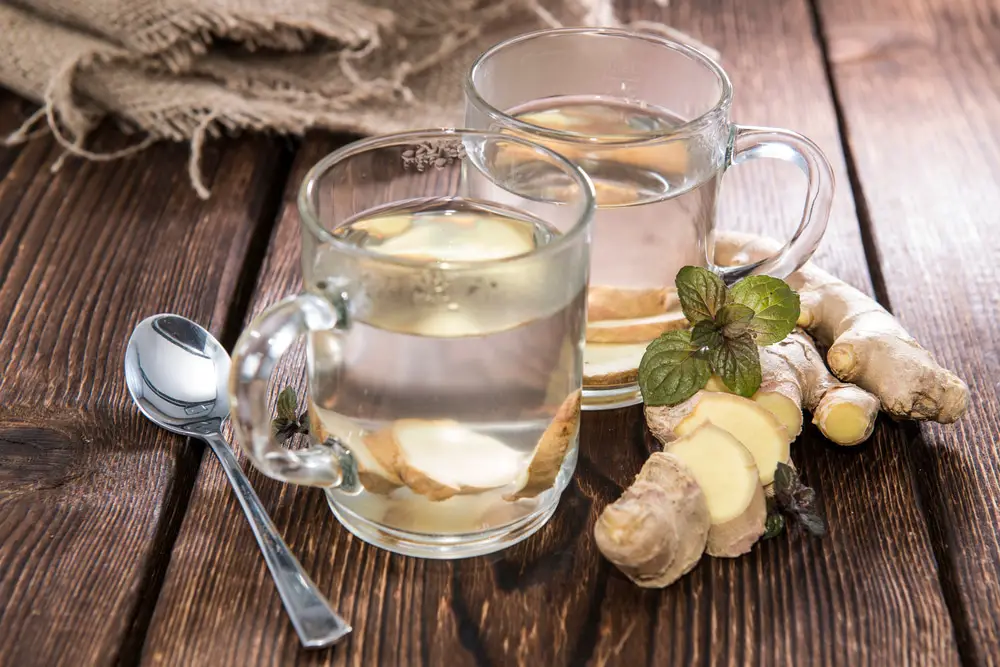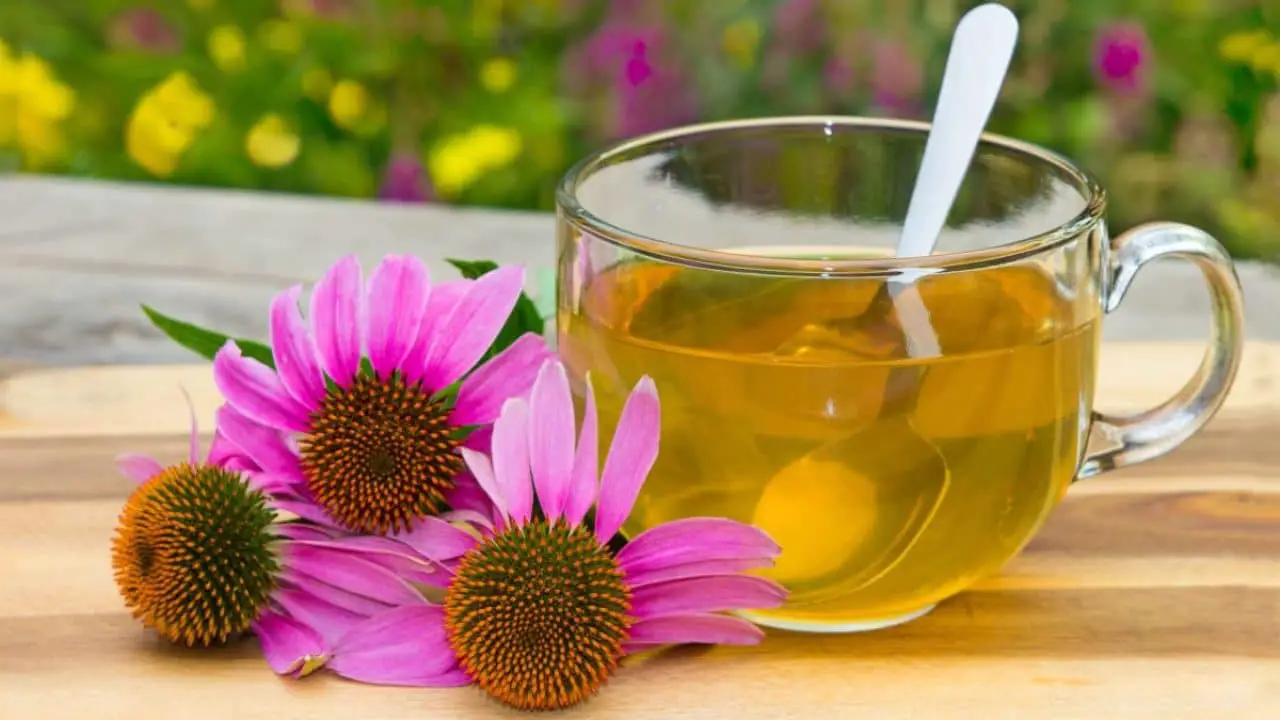Herbal teas have been around for centuries. It wasn’t until recent decades, however, when people started to appreciate their refreshing tastes, health and wellness benefits.
With varying herbal tea blends available today, finding the right one for your health or dietary needs could be overwhelming.
That’s why we made this quick yet informative guide because we know exactly how it feels. In this article, we list down the five most popular teas you shouldn’t miss.
But before that, we’d like to debunk one of the most common misconceptions—all teas are herbal teas.
Herbal, decaffeinated, and true teas
Herbal teas are different from the true teas (green, black, and oolong teas). True teas came from the cured leaves of the tea plant—Camellia Sinensis. On the other hand, it is also different from decaffeinated teas, which caffeine has been removed.
Herbal teas are derived from common herbs like ginger, chamomile, and among others. Most herbal teas have potent antioxidants and can significantly help treat symptoms of inflammation.
Moreover, herbal teas, since they lack caffeine, are also safe for pregnant women in soothing digestive system problems.
5 Herbal Teas You Should Try for a Healthier Life
So now, if you want to become healthier and enjoy your life to the fullest, then keep reading through this herbal tea list:
1. Chamomile Tea
Chamomile is an excellent ornamental touch in one’s garden. However, people prefer to make a tea out of it and drink all its wonderful and relaxing properties.
If you want to calm your nerves from a hard day’s work, you should consider drinking chamomile tea a priority. Chamomile tea is known for its calming effect, which can relieve stress, tension, and even anxiety caused by your heavy workload or a demanding boss.
Besides, studies reveal that chamomile can help people with insomnia fall asleep faster. So, instead of counting sheep, drink a cup or two of chamomile tea for a peaceful night’s sleep.
Chamomile tea was discovered to have properties useful in managing digestive system-related problems such as stomach ache, cramps, and diarrhea. It is also a rich source of antioxidants, which can strengthen your body’s defenses against inflammation, bacterial infection, and even tumor formation.
2. Hibiscus Tea
Besides its delicious cranberry-like flavor, this herbal tea is also known as a heart- and liver-friendly drink.
According to studies, drinking hibiscus tea increases your body’s good cholesterol levels. In turn, it decreases bad cholesterol in the blood, which are the leading causes of high blood pressure, heart attack, and other cardiovascular ailments.
Hibiscus tea has antiviral characteristics too, which is now being examined further by experts for possible medicinal use in the future.
Incidentally, you must refrain from drinking hibiscus tea when you are taking certain medications. Particularly, hydrochlorothiazide (a diuretic) or aspirin. Studies have shown that hibiscus tea interacts with these medications, and even decreases their effects.
To be sure, always consult your physician or healthcare provider before drinking hibiscus tea when you’re under any medication.
3. Ginger Tea
Anyone with digestive system-related conditions will surely benefit from drinking ginger tea. Apart from heartburn, indigestion, and stomach aches, ginger tea is an excellent remedy for stomach ulcers, nausea and vomiting, and the common colds.
Ginger tea has anti-inflammatory and immunity-boosting properties that can keep you away from infections. Moreover, it is shown to have properties that aids in weight loss, alleviate menstrual discomforts, and enhances brain function.
Recently, experts have found ginger tea to have certain properties that help decrease glucose and blood fat levels among people with diabetes.
4. Echinacea Tea
Mucus accumulation irritates the lungs and respiratory tracts. In worst cases, this can cause inflammation, which may aggravate a person’s existing respiratory problem.
Echinacea tea has properties that decrease mucus secretion. As such, people with pulmonary ailments will surely enjoy drinking and including it in their diets.
Echinacea also increases the production of leukocytes or white blood cells, which are the body’s defense against viral and bacterial invasion. While this is good, one must still drink this tea in moderation. Otherwise, excessive white blood cell production may occur.
5. Cannabis-infused Tea
Finding cannabis in this list may no longer be a surprise to you. Especially now amid the legalization of recreational weed—cannabis consumption is definitely on an all-time high.
However, consuming cannabis-infused tea isn’t a new trend. As a matter of fact, cannabis-infused tea has been medically prescribed way back in 2737 BC. And as you are well aware of, cannabis indeed has numerous beneficial effects.
One known benefits of cannabis-infused tea are its ability to reduce chronic pain. The THC and CBD contents of cannabis react with our brain’s endocannabinoid system. These cannabinoids bind to the receptors of our central nervous system thereby blocking pain effectively.
One popular benefit of using weed is that it helps relieves anxiety and depression. Due to its anti-inflammatory benefits, drinking cannabis-infused tea can help fight neuronal inflammation—one major cause of anxiety and depression.
With its antioxidant properties, drinking cannabis tea may also significantly reduce your brain’s inflammation and thus help repair damaged brain cells. The cannabinoids THC and CBD were proven to have calming, soothing, and sedative effects too.
Cannabis-infused tea also improves your lung health due to its bronchodilator properties. It can also support your heart health primarily because of its ability to reduce bad cholesterol and triglycerides, as well as help increase HDL or good cholesterol.
Be sure to dose properly though, and drink moderately. Ideally, take a limited THC content of this herbal tea.
6. Bonus: Green Tea
Again, contrary to popular belief, green tea is not a herbal tea but it is instead a true tea. Nevertheless, we believe this is worth mentioning here in this article. Green tea is a super tea—it’s loaded with antioxidants, it’s tasty and readily available in the market.
And there’s more to green tea than matcha lattes and coolers. Besides its good taste, you’ll love this herbal tea for all its healing benefits.
Just like coffee, green tea is also an effective stimulant. It’s also rich in antioxidants, which lowers your chances of developing cancer and protects your brain from harmful free radicals. No wonder, it has become the go-to coffee alternative and replacement for most people today.
For sweet lovers out there, green tea is also a great addition to your diet. It has anti-tooth decay properties keeping your pearly whites strong and healthy.
However, what sent green tea to stardom is its weight loss benefits. Green tea contains “catechins” which is a body fat-burning property. That explains why people who are into green tea experience weight loss.
Final Thoughts
Indeed, gone are the days when herbal teas are just for tea parties and socializing. Now, being vibrant and healthy is just a cup away!
Nonetheless, remember to drink in moderation to prevent unpleasant side effects. It’s also wise to ask your doctor before drinking herbal teas if you have an underlying medical condition.
Author Bio:
Mike Martin is a creative content marketer at Sirjasonwinters.com Passionate about life, he not only studies and writes about quality of life, environmental changes, healthy living, but also loves writing just about everything that’s challenging people to aspire towards continuous improvement and building their own success.














